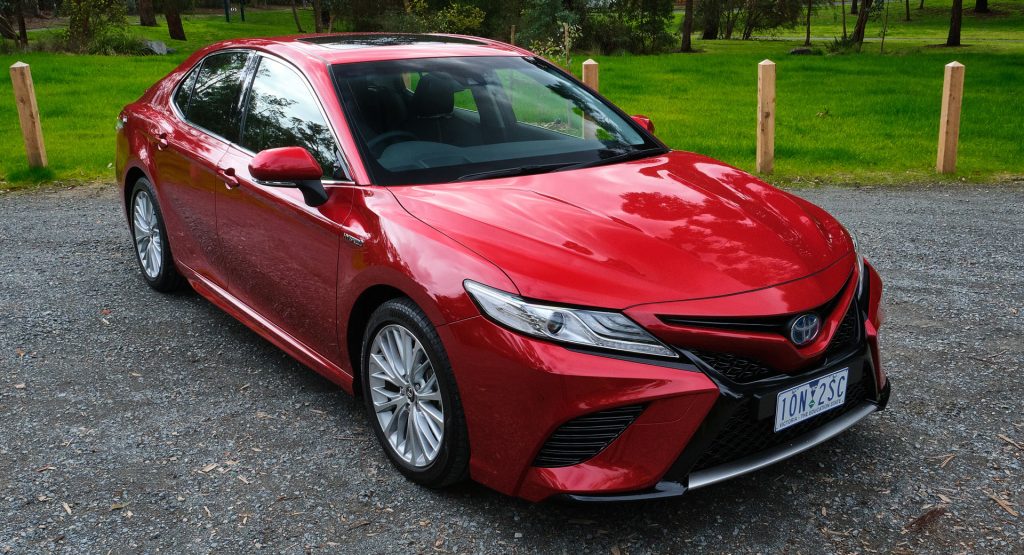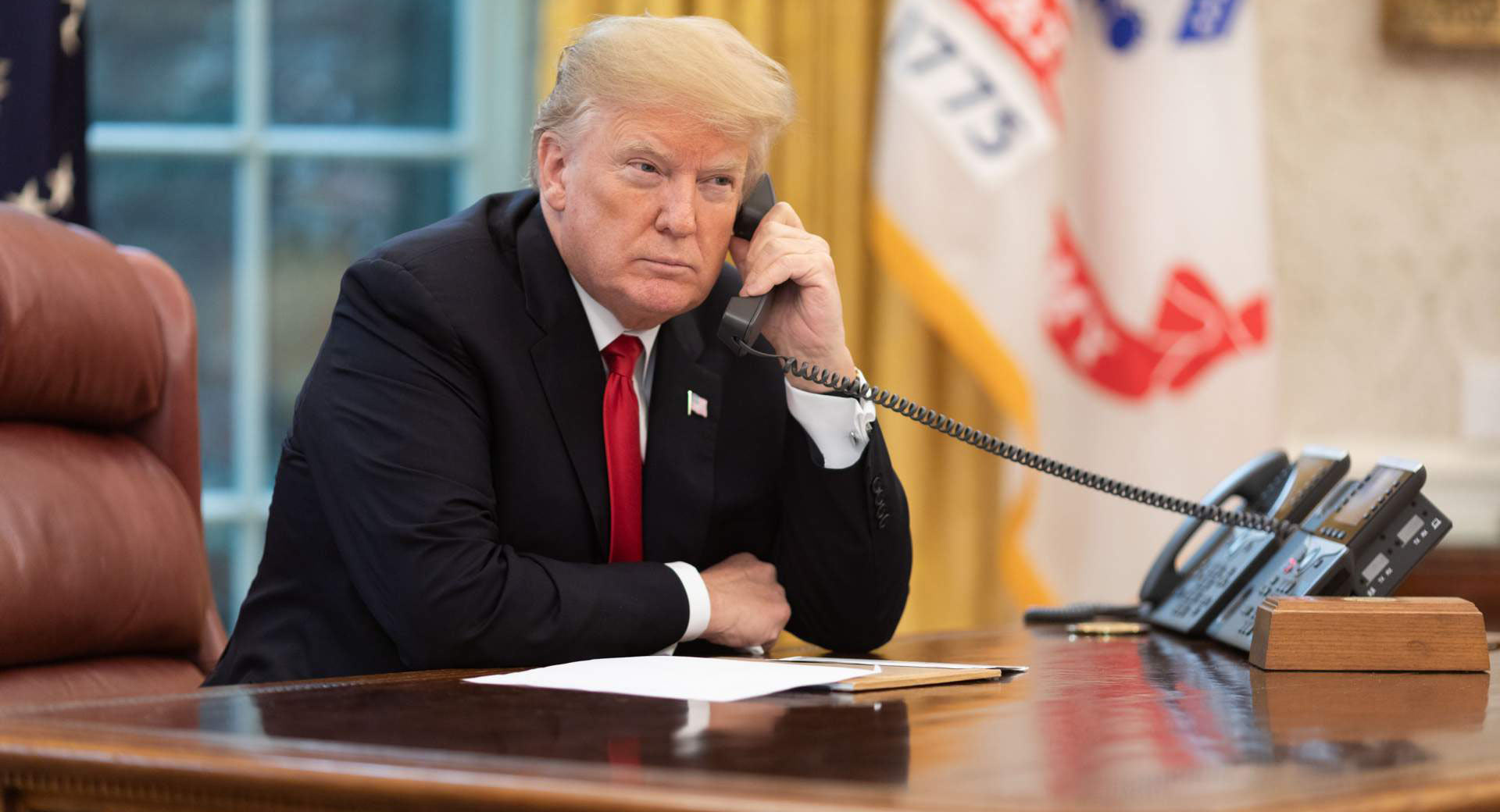The United States and Japan have come to an agreement about new tariffs not being imposed on vehicles imported from the Land of the Rising Sun.
President Donald Trump and Prime Minister Shinzo Abe signed the new trade deal on the sidelines of the United Nations General Assembly on Wednesday, The Wall Street Journal reports.
Included in the new trade deal are the reduction in tariffs on beef, pork, wheat, cheese, corn, wine, and more from the United States, opening up the Japanese market to roughly $7 billion in U.S. agricultural products. It’s not agriculture that proved to be the main sticking point, though, but rather automobiles.
Also Read: New U.S.-Japan Trade Deal Won’t Slap Imported Cars With Higher Tariffs
Following a declaration that imported cars a threat to U.S. national security, the Trump administration asserted it had the authority to impose high new tariffs on vehicles imported into the country from Japan.
An official U.S. announcement regarding the trade deal failed to mention any assurances to Japan that it would avoid tariffs on its locally-produced cars. A later jointed statement signed by both countries indicated tariffs are off the table for the moment, stating the two sides will “refrain from taking measures against the spirit of these agreements.”
Japanese foreign minister Toshimutsu Motegi added that the U.S. and Japan will work together in good faith to ensure the so-called Section 232 national security tariffs are not enforced.
“As long as the agreement is implemented faithfully, Section 232 will not be applied. This is what Prime Minister Abe confirmed with President Trump at the summit meeting,” Motegi said.
A later statement released by the Japanese government said it will seek to eliminate the existing 2.5 per cent U.S. tariff on Japanese cars in the future.




